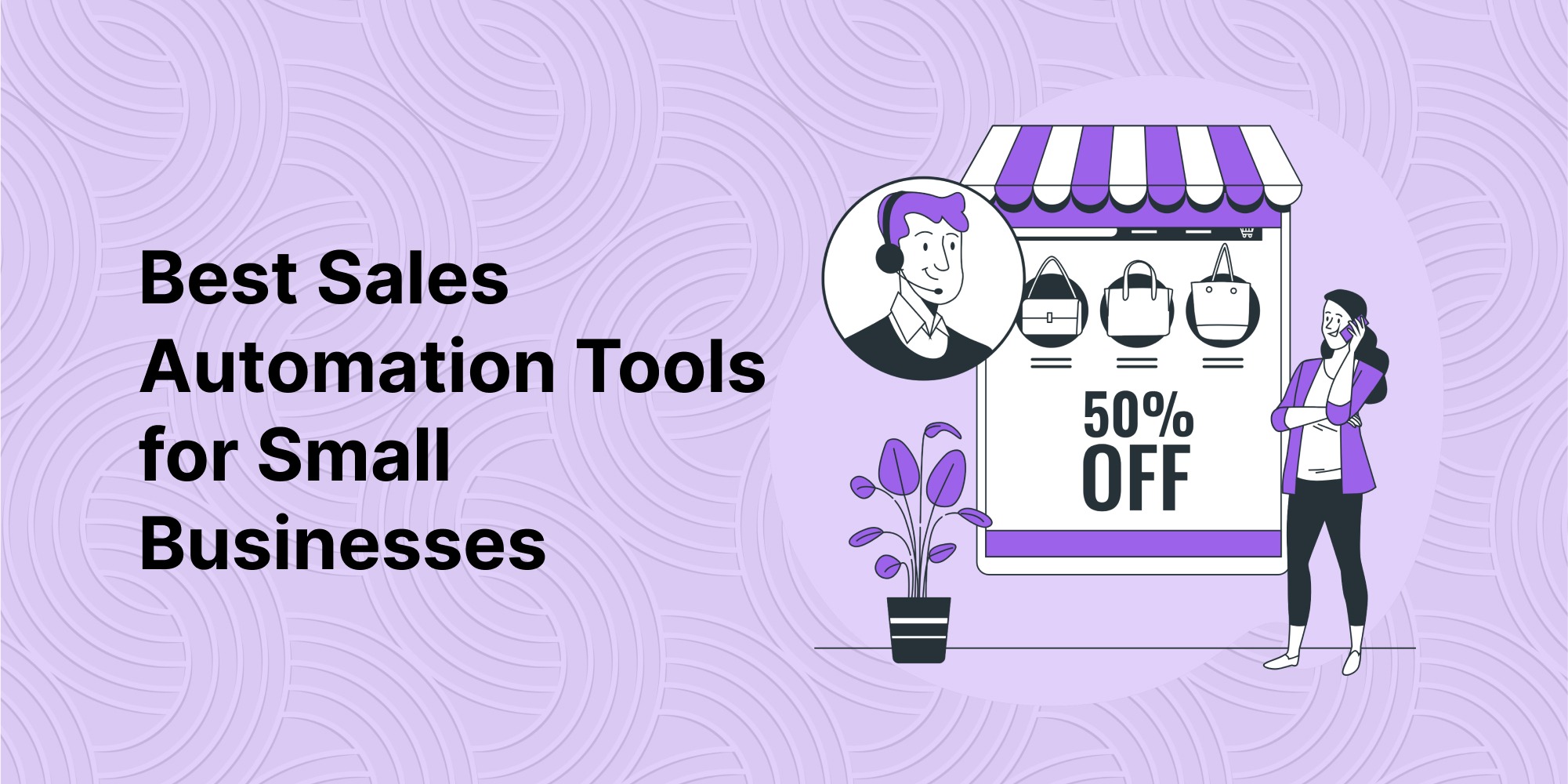Sales can be one of the most challenging aspects of running a small business. You’re juggling leads, follow-ups, quotes, CRM updates, and reporting—often without a dedicated sales team. That’s where sales automation tools come in. These platforms can help you save time, stay organized, and close more deals with less manual effort.
In this post, we’ll explore the best sales automation tools for small businesses, why they matter, and how to choose the right one for your needs.
Why Sales Automation Matters for Small Businesses
Sales automation involves using software to handle repetitive sales tasks like email outreach, follow-up reminders, data entry, and even lead scoring. For small businesses with limited staff and time, these tools can:
- Improve productivity and response time
- Eliminate missed follow-ups
- Provide data-driven insights
- Create consistent customer experiences
- Free up time for strategic selling
Now, let’s dive into the best tools available in 2025.
1. HubSpot Sales Hub
Best for: All-in-one CRM + sales automation
HubSpot’s Sales Hub is a user-friendly, powerful tool that allows you to automate emails, track deals, log calls, and schedule follow-ups—without switching tabs.
Key Features:
- Email sequences
- Meeting scheduling
- Deal pipelines
- Lead tracking
- Integration with Gmail/Outlook
Pros: Free plan available, scales easily
Cons: Paid plans can get expensive
2. Zoho CRM
Best for: Affordability and customization
Zoho CRM is great for small businesses looking for a budget-friendly, customizable solution. It automates workflow tasks, lead assignments, follow-ups, and more.
Key Features:
- Workflow automation
- Email templates
- AI-based lead scoring
- Omnichannel communication
Pros: Very customizable, mobile app available
Cons: Slight learning curve
3. Pipedrive
Best for: Visual pipeline management
Pipedrive is a sales-focused CRM with an easy drag-and-drop interface that helps you track every stage of your sales process with automation features built-in.
Key Features:
- Visual sales pipeline
- Workflow automation
- Custom chatbot & web forms
- Reporting and forecasting
Pros: Intuitive interface, great for tracking deals
Cons: Not ideal for marketing automation
4. Keap (formerly Infusionsoft)
Best for: Solopreneurs and small teams
Keap combines CRM, sales automation, and marketing features in one. It’s particularly popular with service-based businesses.
Key Features:
- Sales & marketing automation
- Quotes, invoices, and payments
- Email & SMS marketing
- Lead scoring & segmentation
Pros: Combines several tools in one
Cons: Setup can be complex for beginners
5. Freshsales (by Freshworks)
Best for: AI-powered automation
Freshsales offers a comprehensive CRM with Freddy AI features to automate email sequences, suggest next steps, and prioritize hot leads.
Key Features:
- AI-based deal insights
- Auto-profile enrichment
- Workflow automations
- Built-in phone and email
Pros: Strong AI features, affordable pricing
Cons: Less advanced reporting than some
6. Mailchimp CRM + Automations
Best for: Email-based sales nurturing
While Mailchimp is known for email marketing, its automation and CRM features make it great for small businesses that rely on email to nurture leads and drive conversions.
Key Features:
- Pre-built automation templates
- Customer journey builder
- CRM + segmentation
- Analytics dashboard
Pros: Very easy to use
Cons: Less robust sales pipeline features
7. Close
Best for: Inside sales teams
Close is built specifically for sales reps and includes calling, emailing, and SMS—all in one interface. It’s excellent for high-volume outreach.
Key Features:
- Built-in calling & SMS
- Smart views for leads
- Email workflows
- Powerful reporting
Pros: Streamlined communication
Cons: Pricing may be high for very small teams
How to Choose the Right Sales Automation Tool
When picking a tool, consider the following:
- Your team size: Solopreneur? 3–5 person team? Choose accordingly.
- Sales process complexity: Do you need just email automation or a full CRM pipeline?
- Budget: Some tools offer strong free plans, while others have higher costs with more features.
- Integrations: Make sure it works with your current tools (email, calendar, website, etc.)
- Ease of use: The best tool is the one your team will actually use.
Final Thoughts
Sales automation is no longer just for big enterprises. In 2025, small businesses have access to powerful, affordable tools that simplify sales, improve customer engagement, and increase revenue.
Whether you’re just starting out or ready to scale, investing in the right sales automation platform can help you work smarter, not harder.
At NodeSure Technologies, We help businesses with process automations and makes their work processes smoother with lesser efforts.


